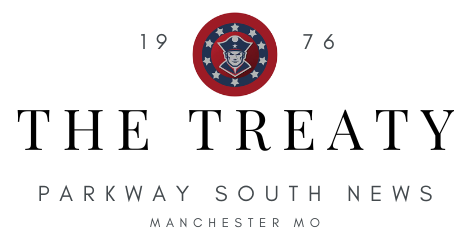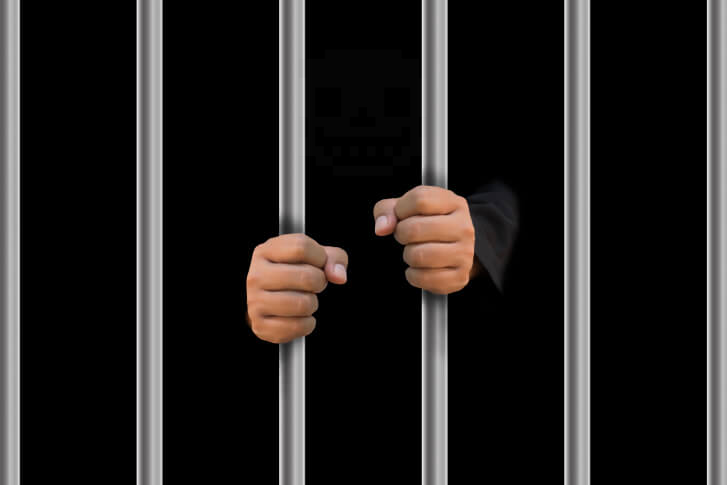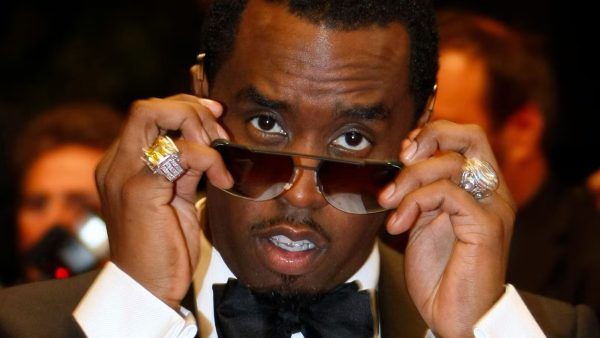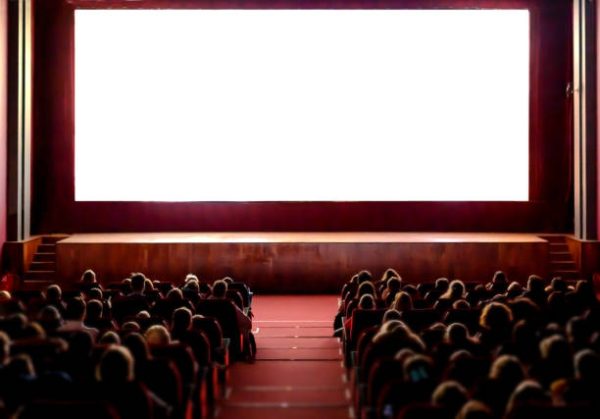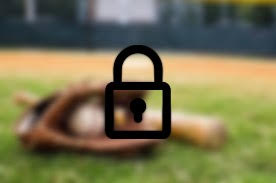Convicted felons deserve rights
Many people released from prison try to rebuild, but are held back by foolish laws.
“We will provide jobs for all who are free from prisons as we abolish the 13th Amendment. Message sent with love… The 13th Amendment is slavery in disguise meaning it never ended.” Kanye West tweeted this inflammatory remark challenging the prolific 13th Amendment, much to the confusion and anger of the media. How could anyone, especially an African American, challenge the very Amendment that ended slavery once and for all, that so many people gave their lives to secure? Obscured by the outcries of racism and ignorance that the remark incited, however, is an unpopular and largely unrepresented perspective: that of the felon.
Unable to vote, own firearms, receive federal benefits, travel abroad, maintain a career. These are just a few of the immediate side effects of a felony conviction. And while the severity depends on the state, the effects are still felt nationwide. The legal system is a trap, with the financial implications of defending oneself in the court of law, the psychological implications of incarceration and divorce from peers and career, and the longer lasting implications on one’s mental health that accompany the forced labor and dehumanization inherent to time spent in confinement. I believe that felons should have these rights and more restored in order to achieve a more better society.
Universally restoring the legal rights of all felons would be only the beginning. The primary concern would be to erase the identification of felons. The coupling of one’s identity with their supposed criminality is regressive and in opposition to American values. Such a dehumanization campaign has existed in societies for centuries: breach the social contract and you are no longer on the same level as us ‘law-abiding citizens,’ even if your actions were nonviolent or for your own survival. Failing to acknowledge and support these individuals is in many cases an act of willful ignorance. The public chooses to brush aside decades of social sciences suggesting that criminal behavior is a product of circumstance and negative conditioning perpetuated by the fundamental shortcomings in law enforcement and a racial bias intrinsic amongst the ruling class.
Critics of the movement may make claims that assert that giving violent criminals easy access to firearms would make for a more dangerous society. I say anyone who subscribes to such a thought process is a coward, and should stop living in fear, valuing supposed self-preservation over the liberation of marginalized peoples. The argument for the restoration of 2nd amendment rights to felons is the largest barrier to entry to the movement. The rest of the rights that felons lose hardly make sense, and any arguments against that are certainly biased. Losing the right to vote was likely a means of reinforcing a white-dominated political sphere, a means of insurance to protect the prison pipeline in urban communities from the voter base most impacted by it, African American males. The inability to receive federal aid is also a blow to lower class individuals, and the label of ‘felon’ was also likely engineered with racial division in mind, creating another barricade that stands in the way of african americans and lower class individuals supporting themselves through work. These oppressive policies concerning felons are likely determining factors in the states’ extremely high recidivism rates (reaching as high as 76.7 percent within 5 years according to a NIJ study) as well as in many racial tensions we’re experiencing today, given that African Americans are disproportionately represented in the U.S. prison system.
The movement for prison reform is a good start. Logical progression asserts that if the prisons themselves were to improve, then so too would the lives of their inhabitants. But felon rights exist under a certain specificity that is not quite covered by its parent movements of race, class, and prisons. Felon rights and those issues are very closely interconnected, but one rarely hears about matters of the former. I believe this could be attributed to the fact that as much as the folks of today may believe their hearts bleed red, they are still unable to get past the inherent fear they foster towards felons. As such, a shift in societal temperaments towards felons and definition criminals would be an undertaking few have the dedication for. However, recently Floridian voters made waves by approving Amendment 4 in its midterm elections, restoring the right to vote to over 1.5 million florida residents, and many more to come. This establishes a positive precedent, and could pave the way to more bold felon reform in the future.
Overall, felon rights are a seriously underrepresented issue that could serve as a key to understanding and solving the underlying problems of recidivism and to some degree act as a stepping stone for mending the deep-seated wounds present in race relations. And even if it does not end up being an instant solution, restoring felon rights is a moral imperative. Nobody should be denied their rights to life, liberty, and the pursuit of happiness, even if they made a mistake in the past. We must support felons, because the voices of the 19 million felons in the U.S. ought to be heard just as loudly as their neighbors’.
